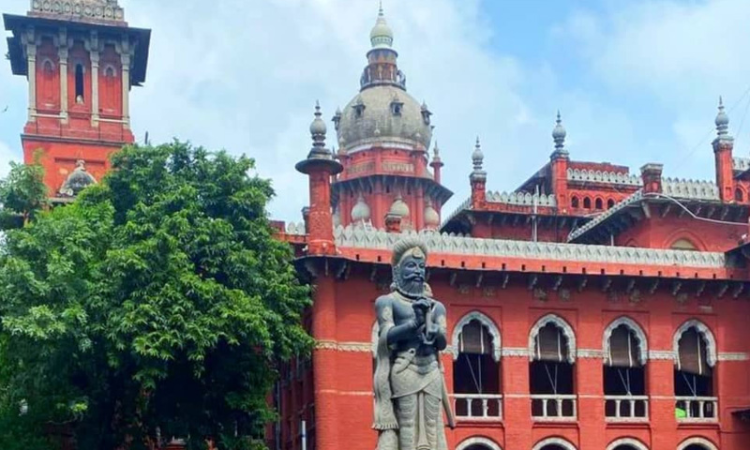The Madras High Court has held that a tax recovery officer cannot declare a sale made by the assessee in favour of a third party void if he finds that the property of the assessee was transferred by the assessee to a third party with an intention to defraud the revenue. The bench of Justice C. Saravanan has observed that the Income Tax Department will have to file a suit in terms of Rule 11...

